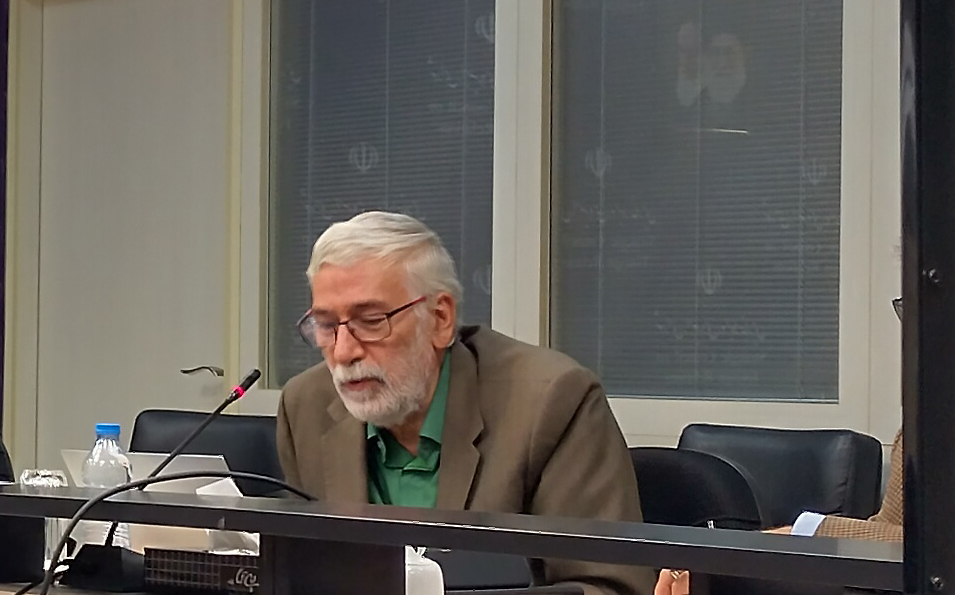According to the website of the Strategic Council on Foreign Relations, Dr. Abbas Maleki, a faculty member of the Department of Energy Engineering of the Sharif University of Technology, who participated in the second specialized meeting on “Foreign Relations in the Artificial Intelligence Era,” hosted by the Strategic Council on Foreign Relations with the topic of “Application of Artificial Intelligence in Foreign Relations” referred to the process of application of artificial intelligence in some countries, including Russia, and said: Artificial intelligence is also being used in energy diplomacy.
He continued: Artificial intelligence can automatically translate and interpret texts. This helps the diplomat and saves time by helping to understand the issue. Besides, I do not suggest that no translator should be used. Still, a translator should also be used because, during translation, the translator gives our diplomat the opportunity to think and concentrate more.
Emphasizing that artificial intelligence reduces cyber security of espionage, Maleki added: Artificial intelligence accelerates virtual diplomacy, and physical trips can be reduced.
Stating that artificial intelligence has created a revolution in the energy debate, he explained: There are substantial financial resources in energy. For this reason, massive studies have been conducted on it in international oil companies. If we want to focus on the issue of energy storage, artificial intelligence provides the opportunity to manage battery storage and control charging better, commanding the system to save more.
Referring to the importance of using artificial intelligence in energy diplomacy, the university professor said: These two categories, by interacting with each other, will help the transition of energy. Energy transition is a very special issue. It is not something to be decided tonight and implemented tomorrow, and it may take up to 50 years. At the same time, the process is non-linear and has different players. But we did it over and over again. The transition of energy from wind, steam, coal, oil, and gas has been done, and the work is being done easily. Besides, the cooperation that has taken place in the international law of the seas has not been done anywhere. Previous historical transitions have been done slowly, but change was still needed.
Referring to the experience of some countries in using artificial intelligence in energy diplomacy, and while explaining the experience of using integrated management of renewable energy in the European Union, Maleki added: The European Union is committed to switching entirely to renewable energy by 2030. When Russia invaded Ukraine, they called gas part of the clean energy and used coal. Artificial intelligence is vital in optimizing and integrating renewable energy and its connection with electricity. This is what Europe does because their system is integrated in electricity.
Remembering that 70 percent of those who do not have electricity in the world live in sub-Saharan Africa, he continued: Artificial intelligence software helps these conditions by optimizing microgrid operations, managing energy storage, predicting demand, and reducing disruption between microgrids.
The Sharif University of Technology faculty member pointed to the US plan to reduce energy consumption and the creation and impact of greenhouse gases with the help of artificial intelligence. At the same time, it said that nothing can replace human decision-making, but artificial intelligence algorithms can help decision-making. Artificial intelligence has made significant progress in the energy sector and is gradually being used in energy diplomacy.










0 Comments